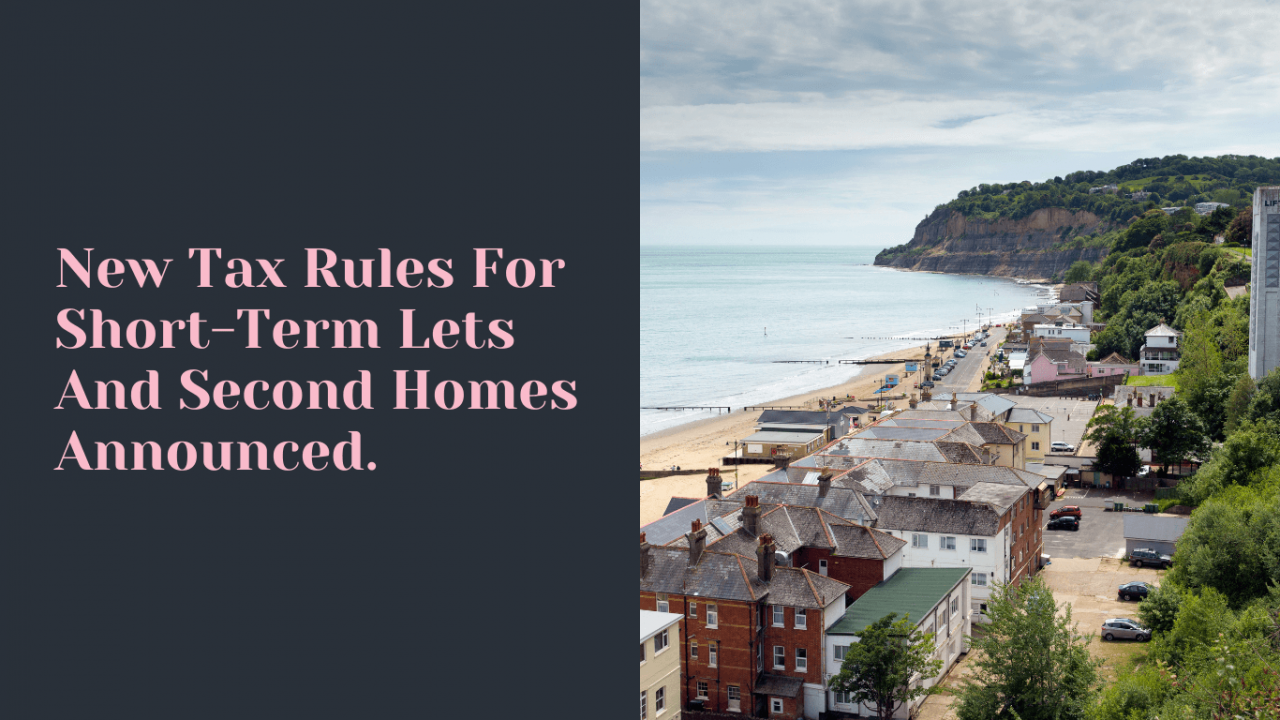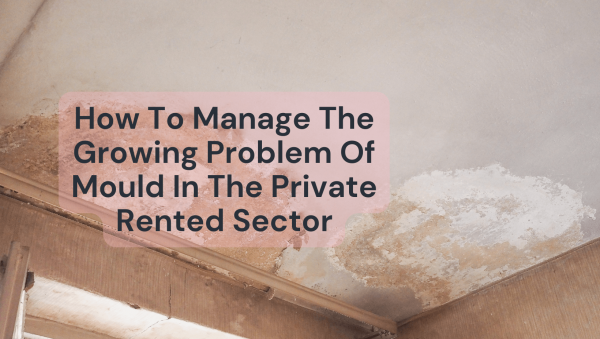The government has shared new rules around the business rates and council tax to be paid on short-let properties, holiday homes, and second homes in England
The government previously announced that, from April 2023, second homes will need to be rented out for a minimum of 70 days per year to access small business rate relief, rather than paying council tax. Now, following the Queen's Speech 2022, the government has announced that councils will also be granted powers to impose higher rates of council tax on empty and second homes.
What rules are currently in place for short-let properties?
As it stands, second homeowners can access small business rates relief by declaring an "intention to let" the property out to holidaymakers for short periods totaling a minimum of 140 days per year. Colliers has reported that this loses local authorities £110 million a year due to the lack of proof required.
For empty homes not eligible for business rate relief, they currently must pay council tax but the local council can decide to give a discount - although a council tax premium would need to be paid if the property was empty for two or more years.
How are the rules changing?
To benefit from business rate relief from April 2023, second homeowners will need to prove that they have let their properties out for a minimum of 70 days, and be "available" to let out for a minimum of 140 days.
The website or brochure used to advertise the property, letting details, and receipts could all be used to prove that the property meets this criteria.
The government will also give councils the power to double council tax on empty and second homes, although no timeline has been proposed on this change just yet.
What do the new rules aim to achieve?
The Secretary of State for Levelling Up, Michael Gove, says that the need to prove that a property is a genuine holiday let "will create a fairer system, ensuring that second homeowners are contributing their share to the local services they benefit from."
However, in a recent debate in the House of Lords, the Minister for Building Safety and Fire, Lord Greenhalgh, says that "96% of second homes pay council tax in full, even though they may use local services only on an occasional basis".
He highlights that in the sharing economy, where property owners meet the current threshold, it is "reasonable" for them to benefit from the business rates system instead of council tax.
What else has been proposed to regulate the short-let sector?
The government also committed in June 2021 to look into the possibility of a "tourist accommodation registration scheme" in England, through the Tourism Recovery Plan.
Chris Pincher, previously Minister of State at the Department for Levelling Up, Housing and Communities, confirmed that the government would consult on the topic in 2022.
MP Tim Farron, who first proposed doubling the council tax on empty second homes in January 2022, has also proposed a "seven-point plan to limit the number of second homes", to help solve the housing crisis.
What is the impact of short-term lets on local communities?
Short-term lets is a growing segment of the hospitality and rental sectors. While giving tenants more flexibility in the short term and often providing them with a cheaper alternative to traditional holiday accommodation, concerns include their impact on local housing markets - where an influx of investors of holiday lets may mean fewer long term rentals available - and compliance with tax and health and safety regulations.
Lord Greenhalgh shared that the impact of any legislation introduced would be difficult to define, as "in some areas where tourism is incredibly important it is a great boost to the economy, and in others, it can result in the hollowing out of a particular area".
What regulation for short-term lets is in place in other countries?
Currently, tourist accommodation in Northern Ireland requires certification.
Scotland is in the process of introducing a licensing scheme for short-term lets, to support its existing "control areas", which will "help manage high concentrations of secondary letting".
Wales is also currently evaluating its planning policy, local taxes, and the potential of a registration scheme for holiday lets.






Share this with
Email
Facebook
Messenger
Twitter
Pinterest
LinkedIn
Copy this link